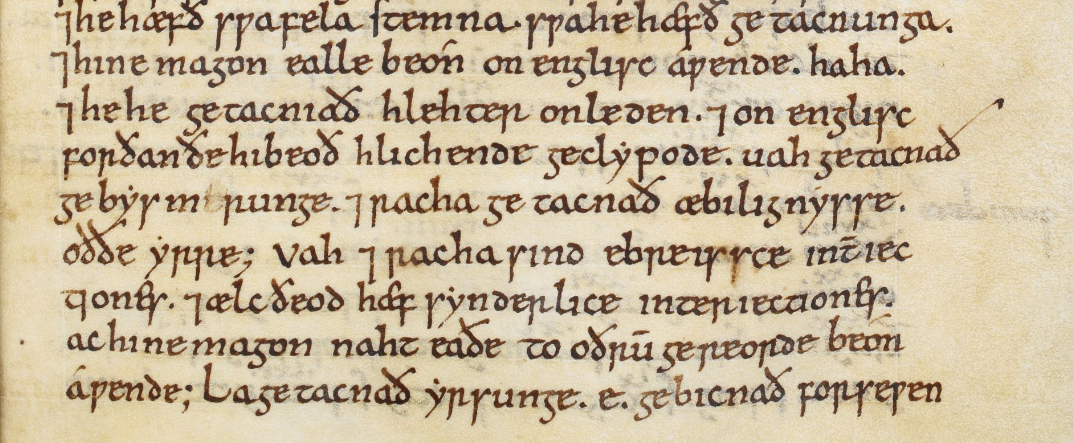Reading time: 10-15 minutes To listen along in an audio format, just click here: IT’S WELL KNOWN that English has undergone many significant changes down the centuries. Events like the Norman Conquest have drastically altered the shape of the language, influencing words and sounds so much that a new kind of English was born. YetContinue reading “Five Antiquities of English”
Tag Archives: Proto-Germanic
Of Mouses and Mans? — The Origins of English’s Vowel-Swapping Nouns and Verbs
Reading time: 10 – 15 minutes Introduction: Nouns, Verbs and Variable Vowels In present-day English, the plural of mouse is usually mice, and one man plus another equals two men. While most English nouns are made plural simply by adding -s, making one cat into multiple cats, there is a sizeable minority that become pluralContinue reading “Of Mouses and Mans? — The Origins of English’s Vowel-Swapping Nouns and Verbs”
The High German Consonant Shift and How to Use It
If you already know English and are in the process of learning German, you may be struck by how similar words in the two languages can be. It can surprise novices that English sentences like ‘I have two cats and six books‘ or ‘it drinks water‘ are so close to their German counterparts ‘ich habeContinue reading “The High German Consonant Shift and How to Use It”
Walloons, Wales and Cornish Walnuts
The Wonderful World of *walha– This article is an adaptation of one I wrote for the brilliant interdisciplinary magazine Porridge, which you can find out more about at porridgemagazine.com. Note: the asterisk * is used for historically undocumented and therefore hypothetical words. I’D LIKE to tell you the tale of a headlong tumble down aContinue reading “Walloons, Wales and Cornish Walnuts”


